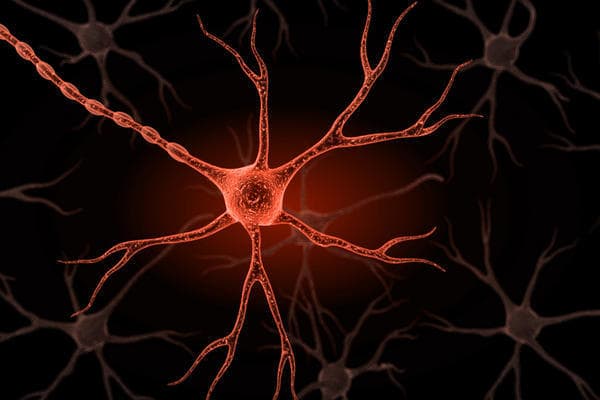Receptor With Bidirectional Properties Could Boost Our Understanding Of Neurology
A team of biologists from the University of Colorado Anschutz Medical Campus has recently discovered a receptor in the brain which functions in a bidirectional manner. Scientists said that earlier the receptor was believed to only strengthen the synapse, but latest results show that it also performs otherwise.
Synapse strength or more specifically the rate at which it works produces a significant impact on a living body. Strengthening of a synapse might help to counter the deadly Alzheimer's disease while it negatively effects the body by stimulating drug addiction and Post Traumatic Stress Disorders (PTSD).

Till now, the researchers were only aware of the boosting power of the calcium permeable subtype of AMPA-type glutamate receptor. However, Dr. Mark Dell'Acqua and his Anschutz team finally realized that these novel receptors can also weaken synapses. Professor Mark explained the working method of these receptors which is based upon the interaction time between receptors and synapses. If receptors hit the synapse for less time, it would be weakened. On the other hand, if the receptors are attached for a longer duration, it amplifies the synapse power.
Although the characteristics seem harmless, an excess of weakened or strengthened synapse can cause various neural disorders. The team hopes that the new understanding of calcium permeable AMPA receptors will help to redefine the concepts of neurology. The research was published in the “Neuron†Journal.
Source:#-Link-Snipped-#
Synapse strength or more specifically the rate at which it works produces a significant impact on a living body. Strengthening of a synapse might help to counter the deadly Alzheimer's disease while it negatively effects the body by stimulating drug addiction and Post Traumatic Stress Disorders (PTSD).

Till now, the researchers were only aware of the boosting power of the calcium permeable subtype of AMPA-type glutamate receptor. However, Dr. Mark Dell'Acqua and his Anschutz team finally realized that these novel receptors can also weaken synapses. Professor Mark explained the working method of these receptors which is based upon the interaction time between receptors and synapses. If receptors hit the synapse for less time, it would be weakened. On the other hand, if the receptors are attached for a longer duration, it amplifies the synapse power.
Although the characteristics seem harmless, an excess of weakened or strengthened synapse can cause various neural disorders. The team hopes that the new understanding of calcium permeable AMPA receptors will help to redefine the concepts of neurology. The research was published in the “Neuron†Journal.
Source:#-Link-Snipped-#
0
